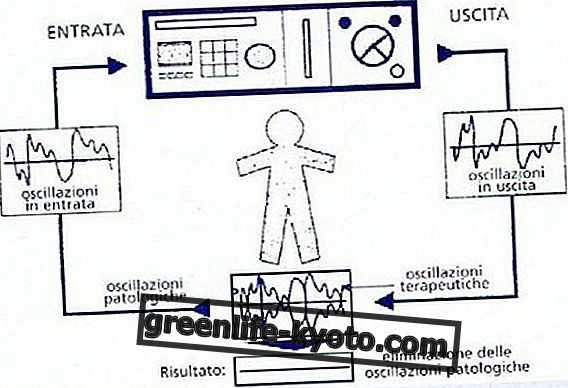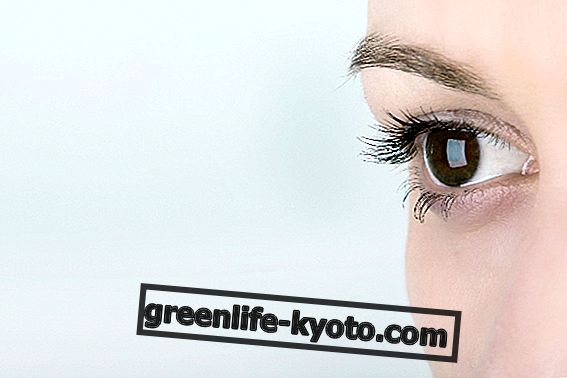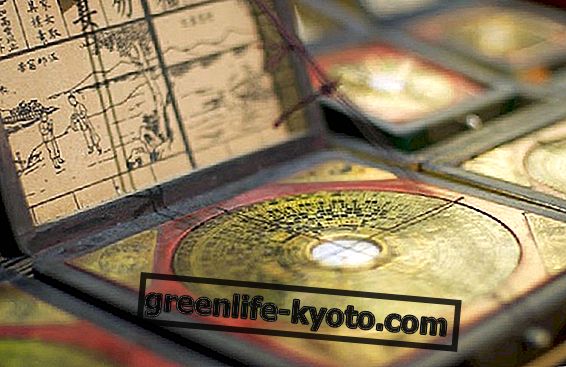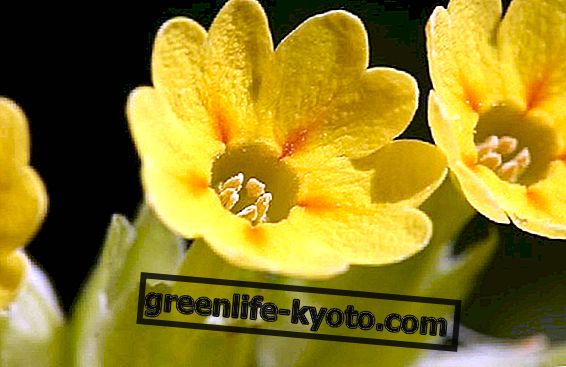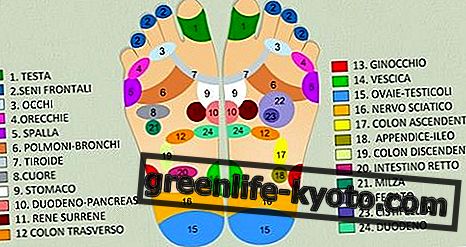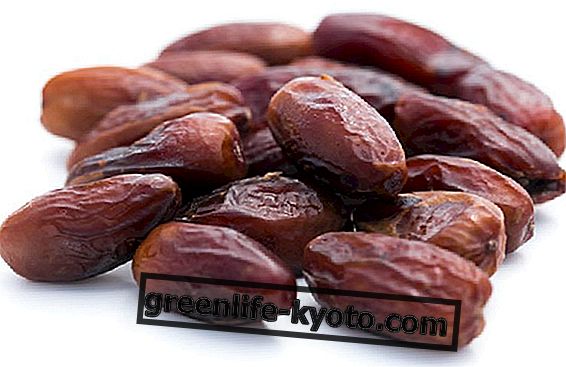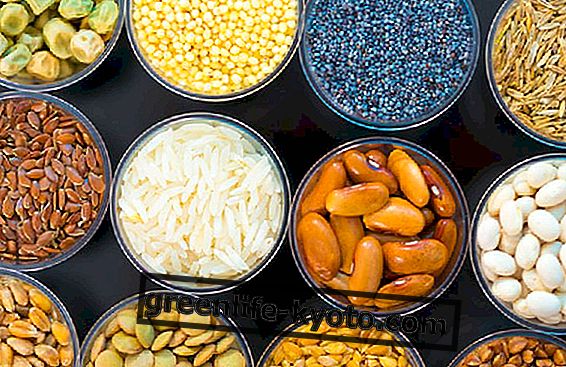
Having patience means entering your inner home and trying to inhabit it well, it means leaving the passat aside and making yourself available to what you feel, how you feel it and how you can make the emotion work for the action .
The benefits of patience: listening
Developing patience means listening . And listening is observation without comment, it means first of all getting rid of every possibility of adhering to a fixed role, a fixed and compelling identity.
Emotions run through us and their nature is to pass, in fact, not to stop. If we fix them it is due to low self-esteem, anxiety, inability to create a well managed emotional center.
Being patient does not mean suffering . If we speak clearly, if we look for dialogue, we do not end up becoming victims of our own emotions or reactions triggered by the emotions of others that are expressed inappropriately.
The truth is that there is no valid way in one sense to externalize, to manifest. We are at peace when we understand this, when we do not expect people to relate to us according to certain standards. Of course, values are established, but this is done above all with respect to one's own model, to what makes one feel good.
Impatience means being totally prey to a reactive thought : one becomes a slave to events, communications, the unexpected and the simplicity of life moves away; developing patience instead keeps a joyful mind, a positive and neutral approach.
As in a chain reaction, self-esteem increases, the desire to work hard grows and ceases to give in to one's own or others' lament and blame.
By developing calm, the shyness and fear of confrontation with others is rebalanced, in a word, what is termed self-confidence is resumed; silence is appreciated again as the dwelling place of feeling, of telling oneself and of the forge of correct and useful to say, one moves away from mental rumination.
Silence and interiority: going to the center: away from the mental chatter
The benefits of patience: developing peace
Even the things that are said to us, that is to say to themselves are important. Generalizations occlude the soul, especially with regard to things that are thought about people who have loved us and love us. The mind is disturbed by continuous thoughts about the actions of others .
Focusing on oneself also means starting from something small, like improving one's diction, trying to express oneself correctly.
Developing stillness means thinking of oneself in continuous improvement, without misleading accelerations, difficult to manage; emotions play a significant role in our daily choices and can overwhelm. Also observe how many times we repeat the things we are told, how many times we make ourselves simple repeaters of information.
Looking for stillness means first of all understanding that different emotions can coexist even in the same hour, in the same half hour.
It means making peace with one's own vulnerability, ceasing or diminishing the questions that arise inwardly in order to better live the journey, the research. Making meditation a daily practice helps a lot, whatever the technique you choose.

